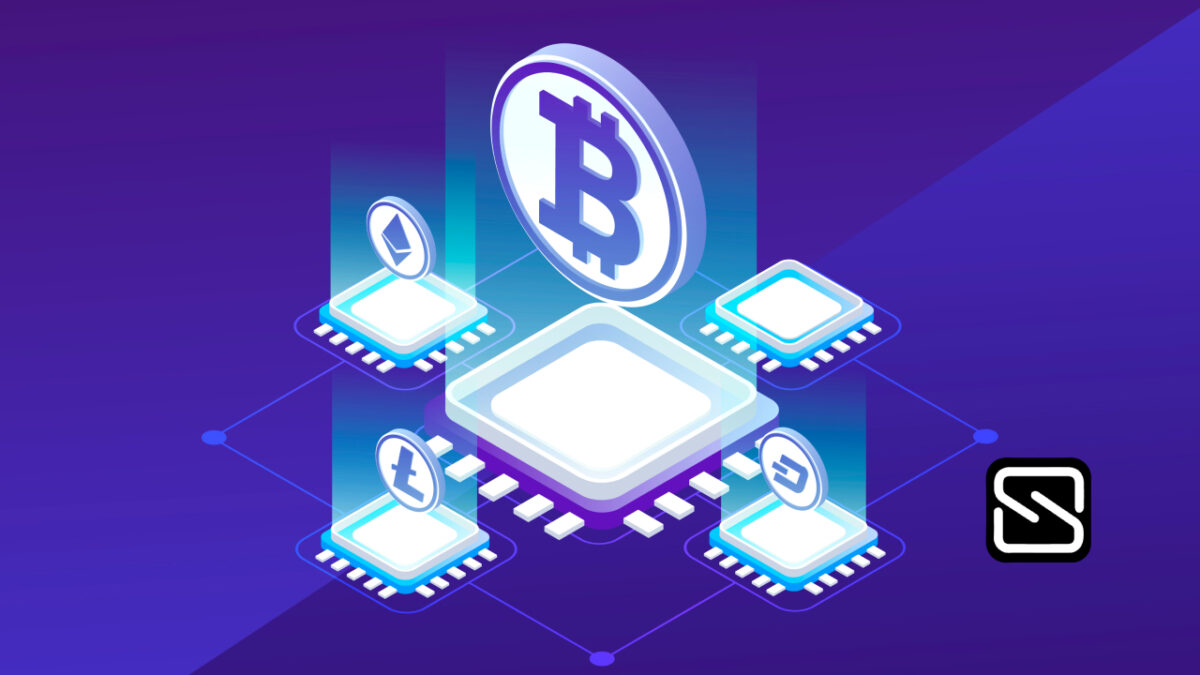South Africa’s National Treasury is looking into ways to control cryptocurrency mining, which uses a lot of electricity.
The Treasury stated in its 2022 Budget Review released this week that crypto mining is damaging to the environment.
It also intends to publish a report on the dangers of so-called “stablecoins.” Stablecoins are supposed to have a significantly more stable value than regular cryptocurrencies. This is due to the fact that they are linked to other assets like the US currency or gold.
In June 2021, the country’s Intergovernmental Fintech Working Group (IFWG) released a position paper on crypto assets, outlining a coordinated and phased approach to crypto asset regulation.
Treasury officials said regulatory agencies are working on a number of measures based on the paper’s recommendations, including:
- Include crypto-asset service providers as responsible institutions under the Financial Intelligence Center Act. This change would address concerns about money laundering and terrorist risk financing through crypto assets and align the law with the standards set by the FATF for virtual assets and related service providers. The proposed amendments to the law were published in June 2020 for public consultation and are expected to be finalized in 2022.
- Protect consumers by considering the reporting of crypto assets as a financial product under the Financial Advice and Intermediary Services Act. According to this statement, anyone providing advice or intermediary services related to crypto assets must be recognized as a financial service provider under the law and must comply with the requirements of the law. This will include crypto asset exchanges and platforms, as well as brokers and advisers. This work should be finalized in 2022.
- Improve monitoring and reporting of crypto asset transactions to comply with the Exchange Control Regulations of 1961. The process of including crypto assets in the regulations is ongoing.
Digital Currency
In 2022, the Treasury indicated it will investigate further the digitalization of South African financial markets.
“After examining a Central Bank Digital Currency or wholesale digital currency, the second phase of this project explores digital financial assets based on distributed ledger technology and the use of digital currency to settle payments.
“It highlights the potential impact of this technology and digitalization on financial markets, and clarifies relevant operational, legal and policy issues around potential change.”
